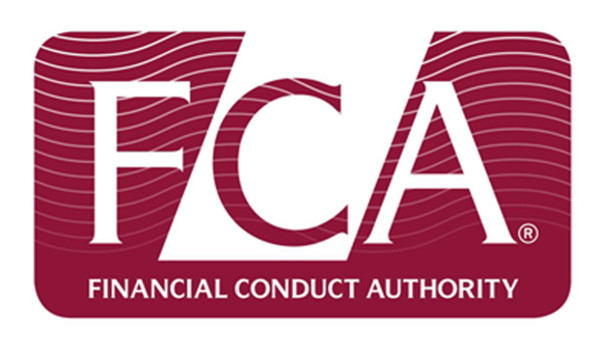

Tracey McDermott has called on the industry not to view proposals in this week’s Financial Advice Market Review (FAMR) report in isolation.
The acting chief executive of the Financial Conduct Authority (FCA) said FAMR recommendations should be seen as a comprehensive package of measures designed to succeed where other initiatives have failed.
A slew of 28 market changes are recommended in the joint FCA and Treasury report, aimed at closing the advice gap and achieving “a real improvement in the affordability and accessibility of advice and guidance to people at all stages of their lives”.
Advisers have criticised the measures, which ruled out the introduction of a 15-year long-stop but suggested redefining what constitutes regulated advice.
Some advisers branded the proposals a “waste of time” and a “missed opportunity”. The FCA’s refusal to introduce the much demanded long-stop to complaints was blamed on it cowing to “the consumer lobby”.
But speaking at the launch of the report at the FCA’s Canary Wharf headquarters on 14 March, Ms McDermott urged the industry to view the proposals as they have been designed – a whole package “working together”.
The decision not to implement a long-stop is part of that bigger picture, and was not taken lightly, Ms McDermott said.
“We spent a lot of time on this. We found there is no case for a long-stop [as it is not a widespread problem].
“There are only 216 complaints a year at the Financial Ombudsman Service (Fos) about advice given by IFAs over 15 years ago, and half of these relate to mortgage endowments which is a long-term product and a historic problem.
“Only 30 per cent of those complaints are upheld.
“We need consumer trust in financial services [which access to Fos and the FSCS helps provide].”
The FAMR review considered variable long-stops but decided that would “add more complication not clarity”, Ms McDermott said.
The FAMR does recommend a review of Financial Services Compensation Scheme funding, including smoothing the levy and using risk-based levies.
“The FCA may for instance need to look at the risk of failure maybe rather than the risk of bad advice and the interplay of this with, for example, capital levels and the availability of professional indemnity insurance,” she said.
Ms McDermott said the “holistic” FAMR proposals are intended to improve on previous failed attempts by the regulator to target specific parts of the advice market. She said attempts to create ‘basic advice’ hadn’t worked.
Measures recommended in the FAMR final report include narrowing the definition of regulated advice so it is based on a personal recommendation and cutting some of the regulatory red tape for firms wanting to offer guidance-only services.
Technology is also identified as central to the FAMR plans to create a more “engaging, cost-effective advice market”.
Ms McDermott said the hope is firms waiting in the wings poised to offer automated advice or guidance services – commonly branded ‘robo-advice’ – will now act, safe in the knowledge if they do not give a personal recommendation they will not be held liable in the same way they would be under regulated financial advice rules.
“We don’t imagine a flurry of guidance-only firms setting up. We expect current firms to want to do it but which were previously nervous to do so,” Ms McDermott said.
But she was resolute that where actual advice is given it must meet the high standards demanded by the Retail Distribution Review regulations, even if automated.
“Our view is these recommendations will be a significant incentive to firms to develop such models. But we are not interested in automated advice that gives consumers poor advice and allows firms to get away with it,” she said.
Alastair Rush, an IFA at Your Wealthcare and founder of FiverADay, a robo-advice service launched last year, said: “FAMR is a massive step forward for a new means of delivering simple, clear and safe financial advice. I welcome it immensely.
“The report is a huge validation, maybe not yet of the value of robo-advice, but certainly of the need for the facilitation of more advice, which robo advice can provide.”



